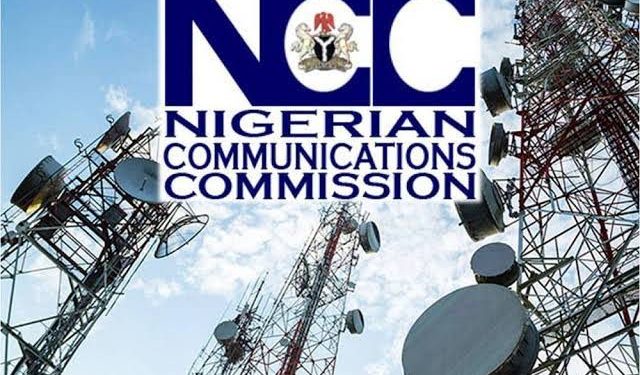The Nigerian Communications Commission (NCC) has introduced new corporate governance guidelines for telecom operators, a move that could indirectly reshape the operating environment for millions of small and medium-sized enterprises (SMEs) that depend on telecom services to run their businesses.
Unveiled at a formal event in Lagos, the 2025 Guidelines on Corporate Governance aim to enforce stricter standards around transparency, internal controls, and risk management. While the new rules primarily target telecom companies, their ripple effects are expected to reach end-users especially SMEs that rely heavily on digital infrastructure for marketing, payments, customer engagement, and logistics.
According to the NCC’s Executive Vice Chairman, Dr. Aminu Maida, the new framework is not just a regulatory update but a strategic step towards long-term business sustainability in a sector that is increasingly vulnerable to cybersecurity threats, climate-related disruptions, and rising service demands. The NCC insists that better governance will lead to better service quality and higher investor confidence—two outcomes that could significantly benefit Nigeria’s SME ecosystem.
Key provisions include separating the roles of CEO and Chairman in telecom firms, strengthening internal audits, enforcing board diversity with cybersecurity expertise, and making mid-year and annual compliance reports mandatory. These reforms are intended to boost efficiency and accountability across boardrooms, especially as telecom companies now play a central role in powering Nigeria’s digital economy.
For SMEs, improved governance in telecom firms could mean more reliable networks, fewer service downtimes, and quicker response to disruptions—all critical for digital transactions, e-commerce operations, remote work, and customer support. However, the short-term risk is that operators might pass the cost of compliance—such as restructuring, new hires, and system upgrades—down to customers through increased service charges.
In a business climate where micro and small enterprises are already struggling with inflation, unstable power supply, and logistics costs, any added pressure on telecom expenses could shrink profit margins further. For digital-first SMEs, particularly in e-commerce, fintech, agritech, and logistics, where reliable connectivity is non-negotiable, this shift could be significant.
Still, experts at the launch supported the new rules, describing them as timely. Legal expert and governance advocate, Prof. Fabian Ajogwu, who led the drafting of the first telecom governance code in 2014, said the update reflects changing business risks tied to artificial intelligence, cybersecurity, and ESG priorities. The Financial Reporting Council of Nigeria (FRCN) also welcomed the initiative, calling it a key step toward strengthening investor trust in Nigeria’s critical telecom infrastructure.
The NCC has assured stakeholders of a phased implementation, tailored to the license category of each operator, and pledged continued support through technical guidance and capacity-building. However, the Commission warned that it will strictly enforce compliance once the initial grace period lapses.
As Nigeria pushes for a digital economy that includes everyone, the effectiveness of these reforms may ultimately be judged not just by compliance within telecom boardrooms, but by how much they enhance service delivery, lower barriers, and support innovation for the SMEs that make up the backbone of the country’s economy.










